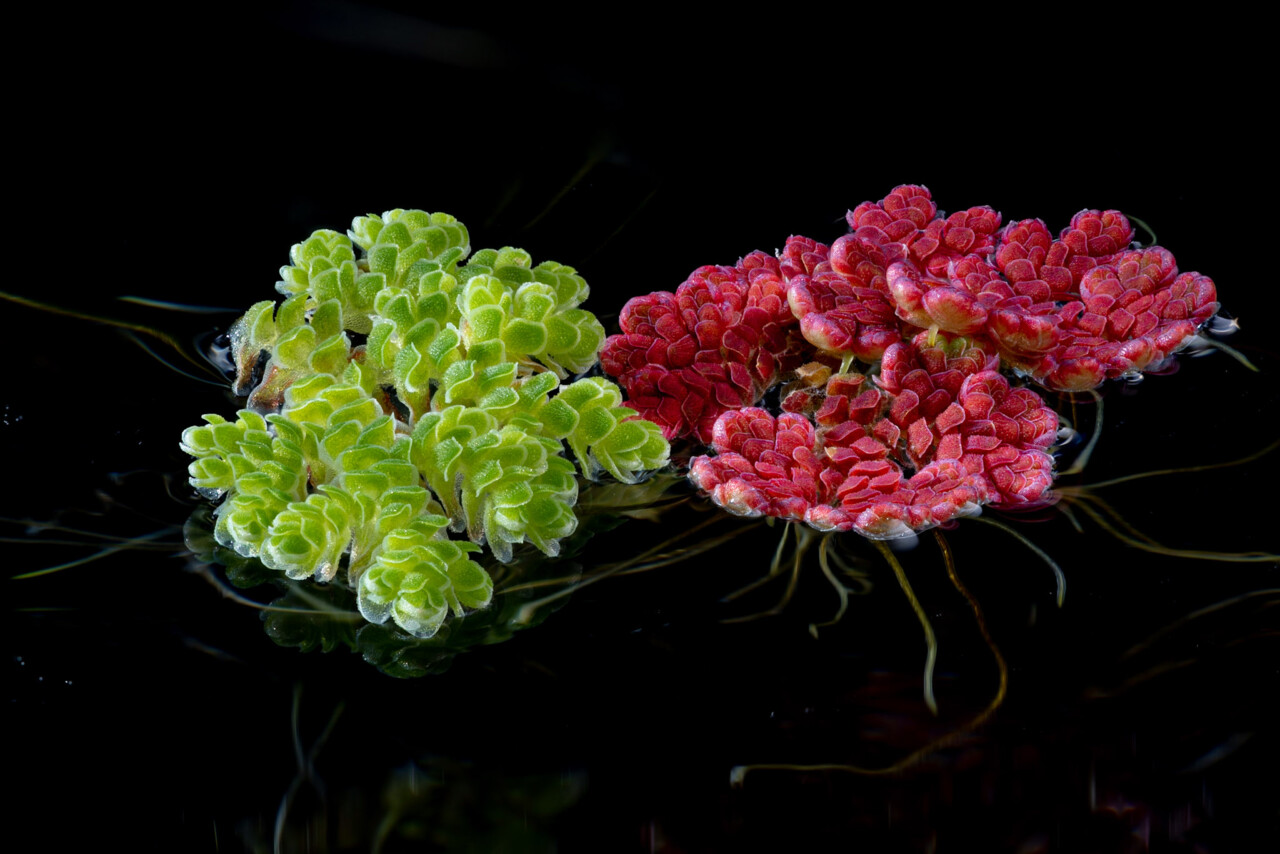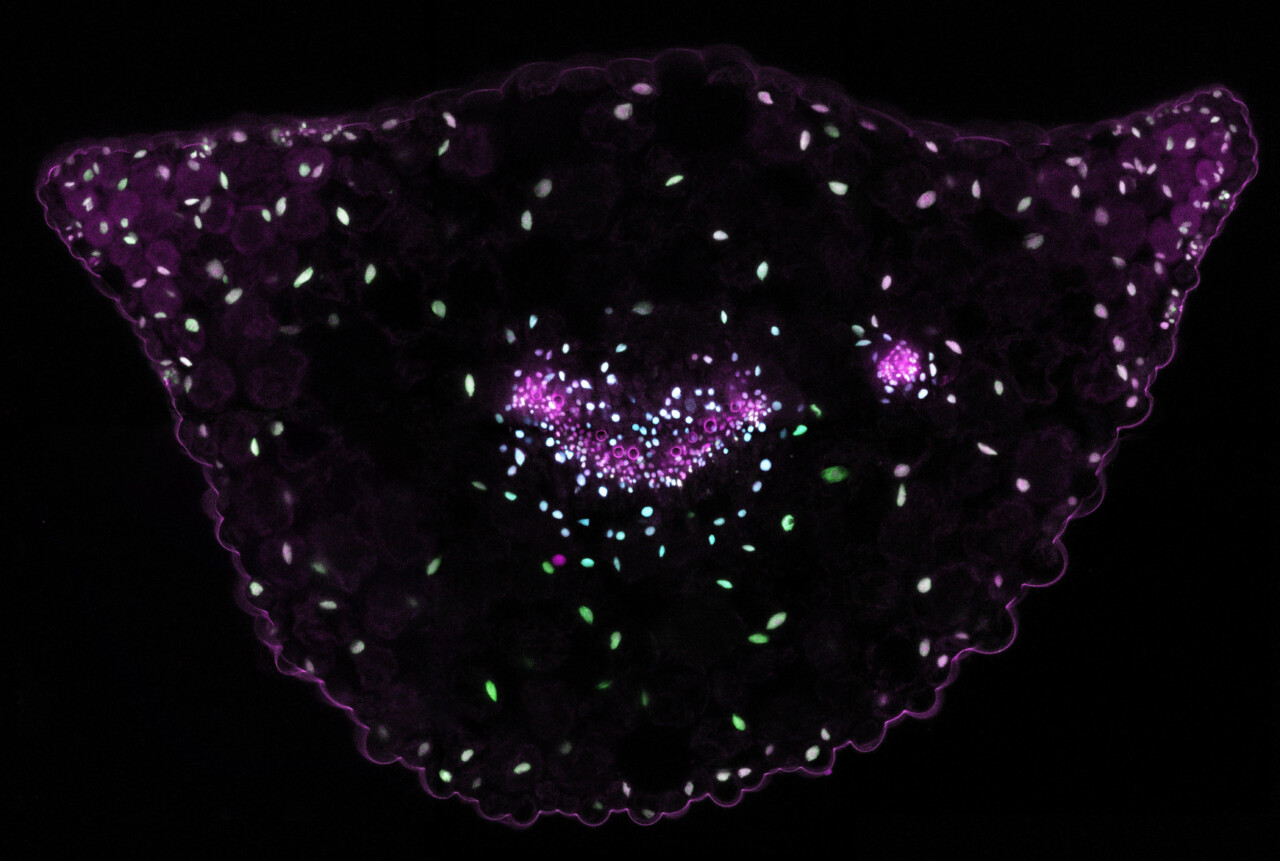
Online WEES seminar and workshop – Prof.dr Stephen Nowicki
Seminar – ‘The Beak of the Zebra Finch: A Story of Perception and the Evolution of Honest Signals’
Time: 16.00 – 17:00
Prof. Stephen Nowicki, Department of Psychology and Neuroscience, University of Duke, USA
In many contexts, such as mate choice or aggression, animals evaluate each other using assessment signals, with variation in those signals corresponding to some aspect of the signaler’s quality in a reliable – or “honest” – fashion. But what prevents signalers from signaling a better quality than they actually have? Current theory states that honest signaling can be maintained if signals cost something to produce and these costs are greater for lower quality individuals than higher quality ones. This theory also assumes that continuous variation in a signal is perceived in a continuous fashion by signal receivers. But animals may perceive signals categorically, not continuously, violating this critical assumption. In this talk, I use beak coloration in zebra finches – a signal used by females to assess potential mates – as a case study of categorical perception and signal reliability. I first introduce the phenomenon of categorical perception and present data demonstrating that females perceive this assessment signal in a categorical fashion. I then describe how reliable signaling can be rescued by variation among females in how they perceive a categorical perceptual boundary. This work illustrates how variation in signal receivers, as well as variation in signal producers, is necessary to understand the evolutionary maintenance of honest signaling.
Workshop – ‘How Do Animals “See” the World and Why Does it Matter?’
All organisms acquire information from the external world that they use in an adaptive fashion to promote their survival and reproductive success. The highly derived sensory systems of animals exemplify this point, as they use their sensory capabilities to find food, to navigate to favorable environments, to locate and choose suitable mates, and so on. Understanding how an organism acquires sensory information is thus central to understanding how that organism functions in the world. A challenge for this understanding is that we, as human scientists, live in a sensory realm that is quite different from most other organisms, often in ways that we do not fully realize.
In this workshop, we will consider how some animals use sensory channels to which humans are insensitive. More importantly, however, we will focus on biases that can occur in our thinking when we share a sensory channel with an animal we are studying, but in fact may perceive that kind of sensory information in a very different way.
As preparation for the workshop please read the following:
Caves, E. M., Green, P. A., Zipple, M. N., Peters, S., Johnsen, S., & Nowicki, S. (2018). Categorical perception of colour signals in a songbird. Nature, 560(7718), 365-367.
Caves, E. M., Nowicki, S., & Johnsen, S. (2019). Von Uexküll Revisited: Addressing Human Biases in the Study of Animal Perception. Integrative and comparative biology, 59(6), 1451-1462.
The workshop for those interested is organized from 13:30 to 15:00 online. Registration is required (space limited to 15), email Hugo Loning for registration and link to the zoom session. The workshop gives attendees the opportunity to meet the speaker of the seminar and have a discussion based on recent publications. The workshops are a good possibility to get acquainted with hot topics in science and to learn how to discuss these topics with leading scientists in the field. Furthermore, BSc and MSc students can get 1 ECTS for attending 2 workshops.
WEES background
WEES is an initiative of PhD students and postdocs at Wageningen University to organize a continuing series of stimulating seminars on contemporary topics in evolution and ecology. We aim to bring together different groups at Wageningen University using a variety of systems, but with a common interest in evolutionary and ecological questions. For this series we invite researchers from all over the world who have leading roles in their field. After the talk there will be drinks for an informal discussion. WEES is funded by graduate schools PE&RC, WIMEK, EPS, VLAG, and WIAS.
For more information please visit: www.weeswageningen.nl, Like us on Facebook, or join the Facebook Group for more participation.
Thursday, May 14, 2020
Workshop time: 13:30-15:00 Seminar time: 16:00-17:00
,



